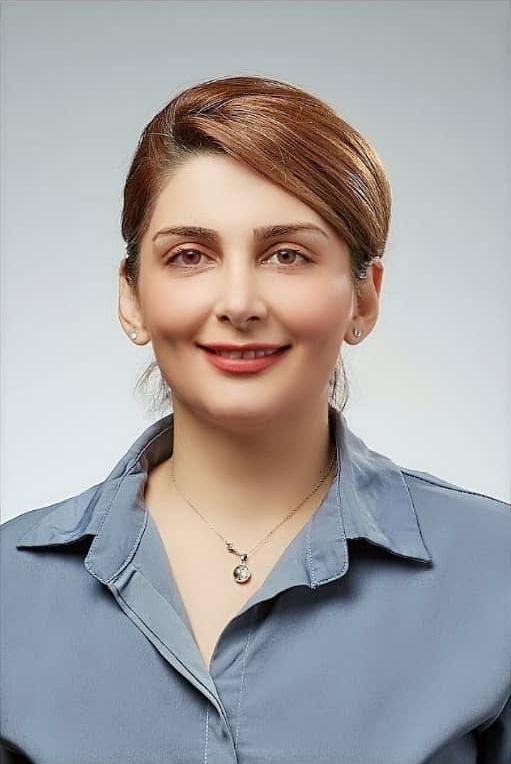RockFlour
GreenLandbrug - Unleashing Greenlandic Rock Flour for a Climate-Neutral Danish Agriculture
In collaboration with The RockFlour Company, Danish Technological Institute, Copenhagen University, SEGES, Novozymes, and Saltoftegods, we are exploring the potential of Greenlandic Rock Flour (GRF) to mitigate environmental impacts in agriculture. Our research aims to determine if GRF can reduce nitrogen leaching, N2O emissions from agricultural soils, nutrient depletion, and the increasing drought stress caused by climate change. We hypothesize that GRF can enhance soil structure, increasing water holding capacity, nutrient availability, and microbial activity. Additionally, through weathering, GRF binds CO2 and stores it permanently as bicarbonate, potentially playing a crucial role in achieving net-carbon neutrality in agriculture.
Land-CRAFT is responsible for the laboratory analysis of GRF and is developing an Automated Soil Mesocosm System (ASMS) to measure greenhouse gas (GHG) fluxes with high temporal resolution. The ASMS consists of 16 airtight cylinders housed in a climate-controlled cabinet to regulate light and temperature. These cylinders are half-filled with soil, and the headspace is continuously flushed with ambient air. An automated 16-port valve will cycle through the exhausts from the 16 cores, selecting the appropriate exhaust for detailed GHG analysis (N2O, CO2, CH4). Additionally, we will collect leachate for further analysis to determine nutrient, particularly (nitrate) leaching.
We will conduct various treatments by differentiating soil type, GRF application rate, rainfall, and other parameters. Our results will form the basis for agronomic field trials conducted by the Danish Technological Institute, starting in 2025. In a later phase, Land-CRAFT will assist in determining the optimal conditioning of GRF (e.g., powder, pellets) by analyzing the conditioned GRF in the ASMS.
The project will run from October 2024- December 2027 and is financed by GUDP, Forside - GUDP



